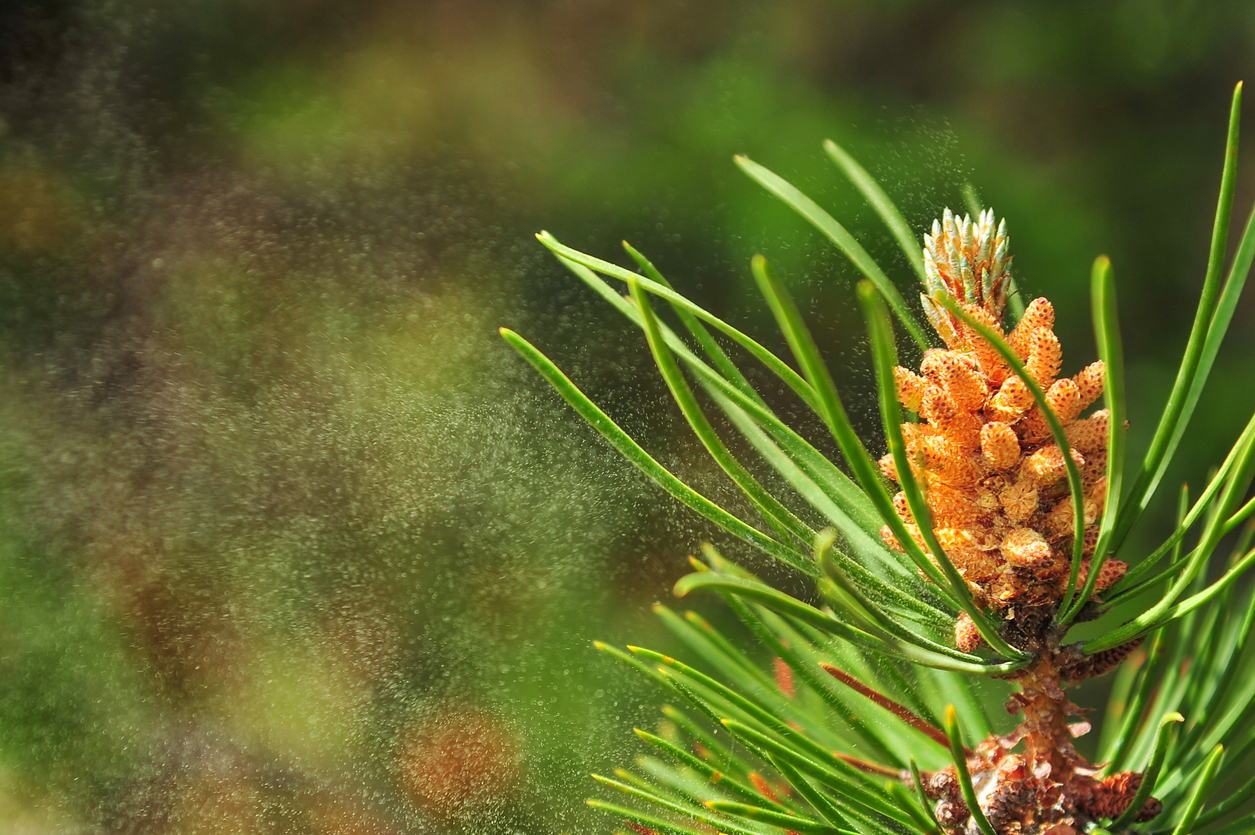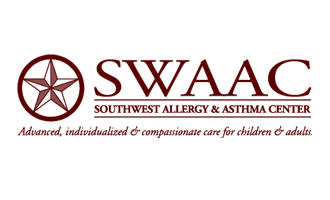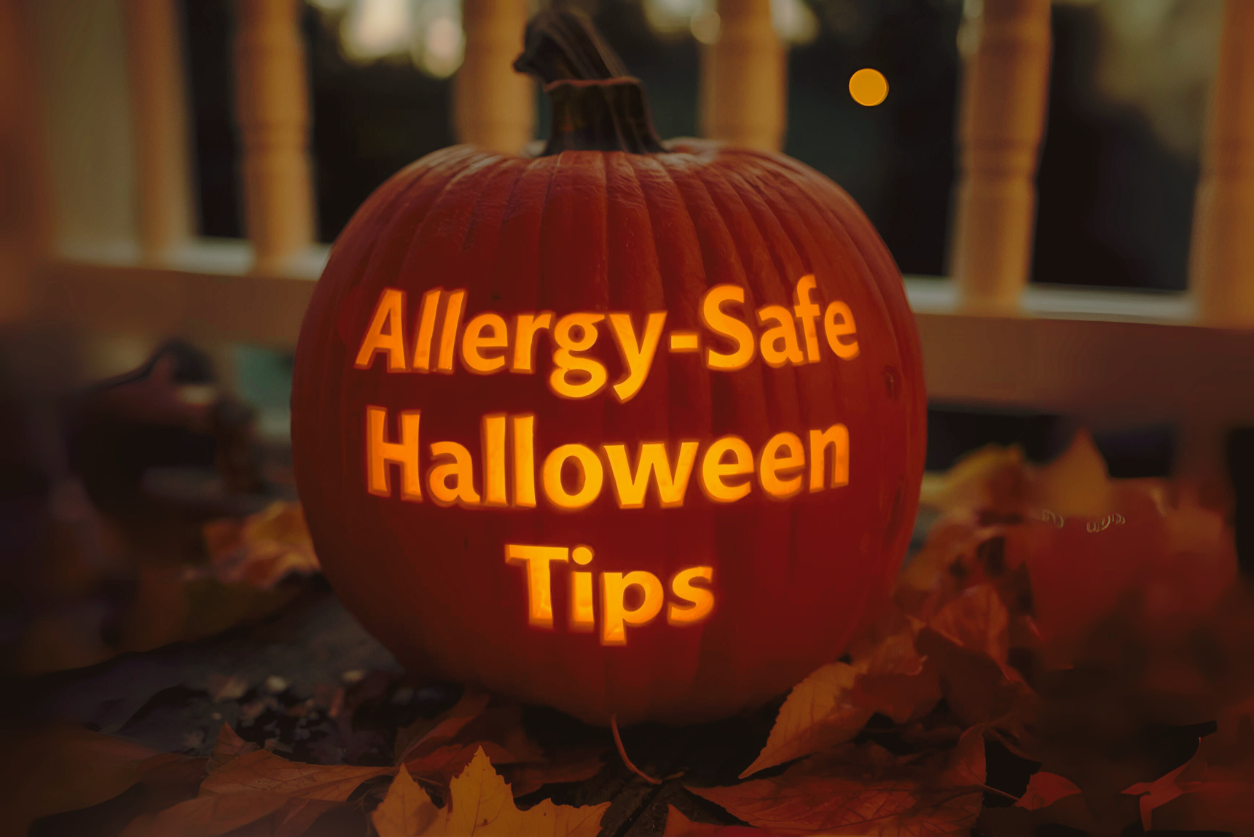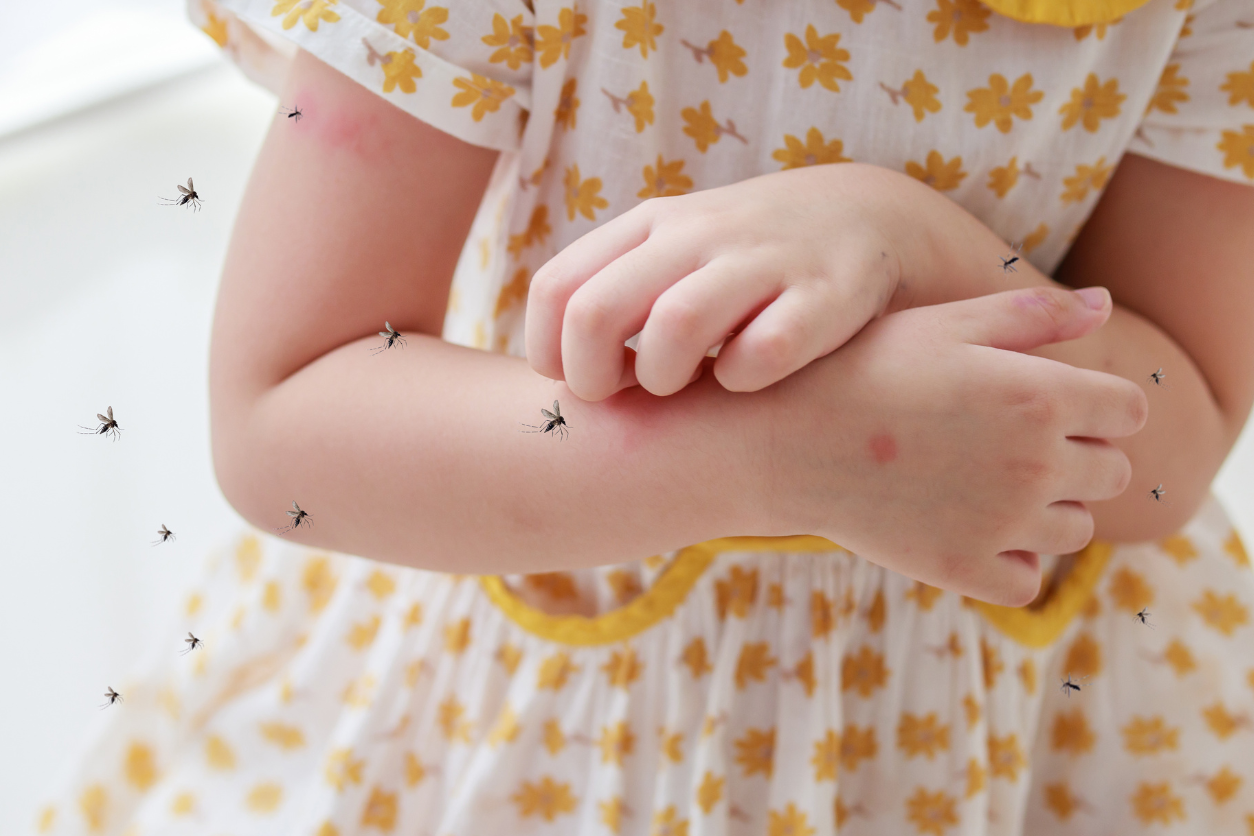Managing Pine Tree Pollen Allergies in Late Summer in North Dallas
Late summer can be a challenging time for allergy sufferers across North Dallas communities like Plano, McKinney, Allen, Murphy, and Denison. While most people think of pollen season as a spring problem, pine tree pollen can linger into late summer, coating cars, patios, and sidewalks with fine yellow dust.
At Southwest Allergy & Asthma Center, we understand how frustrating this extended pollen season can be. Recognizing the impact of pine pollen and knowing how to manage exposure is the first step to relief.
What Is Pine Tree Pollen?
Pine tree pollen is a fine, yellow dust released by coniferous trees such as pines, spruces, and firs, which are common throughout North Texas. Even if you don’t have pine trees in your yard, pollen can travel long distances on late-summer winds, affecting neighborhoods in Plano, McKinney, Allen, Murphy, and Denison.
When Is Pine Tree Pollen Season in Late Summer?
In North Dallas, pine pollen can persist into late summer, especially during hot, dry spells. Unlike spring pollen peaks, late-summer pollen often coincides with higher temperatures, drier air, and occasional windstorms that spread pollen throughout communities.
Monitoring local pollen counts can help families plan outdoor activities more safely. At Southwest Allergy & Asthma Center, we advise our patients to check daily pollen forecasts to minimize exposure.
Why Pine Pollen Causes Allergies
While pine pollen is generally less allergenic than oak or ragweed, many North Dallas residents still experience symptoms during late summer. When inhaled, pollen can irritate the respiratory tract, triggering histamine release and causing:
- Sneezing
- Runny or stuffy nose
- Itchy, watery eyes
- Congestion
- Coughing
Prolonged exposure during late summer can worsen symptoms for sensitive individuals or those with existing respiratory conditions.
Environmental Impact in North Texas
Pine pollen spreads easily and can impact areas far from its source. It can also settle on water surfaces, reducing air quality and leaving a visible layer on cars and outdoor surfaces.
Tips for Reducing Late-Summer Pollen Exposure
North Texas families can take proactive steps to minimize discomfort:
- Check pollen forecasts daily and plan outdoor activities accordingly.
- Limit outdoor activity during peak pollen hours, usually late mornings or windy afternoons.
- Wear protective gear such as sunglasses, wide-brimmed hats, or pollen masks.
- Shower and change clothes after spending time outdoors to remove pollen.
- Keep windows closed and use air conditioning with HEPA filters.
- Clean vehicles and outdoor surfaces regularly to remove pollen buildup.
Following these steps consistently can help families enjoy late summer outdoors with less allergy discomfort.
Finding Relief From Late-Summer Pine Pollen Allergies
Over-the-counter antihistamines, nasal sprays, and saline rinses can provide temporary relief. However, if symptoms persist or affect daily life, the experts at Southwest Allergy & Asthma Center can help. We offer:
- Comprehensive allergy testing to identify triggers
- Personalized treatment plans for long-term relief
- Guidance on managing seasonal and late-summer allergies
When to See a Doctor
If your symptoms interfere with daily activities or sleep—even into late summer—it’s time to consult an allergy specialist. Signs to seek care include:
- Persistent sneezing or congestion
- Itchy, watery eyes affecting focus or play
- Symptoms that continue despite home care
- Uncertainty about what’s triggering your allergies
Our team in North Dallas combines expert testing with compassionate care to help families breathe easier year-round.
Pine pollen doesn’t end with spring. By understanding late-summer exposure, monitoring pollen counts, reducing outdoor contact, and seeking expert care when needed, North Dallas families can enjoy summer with fewer allergy symptoms.
Residents in Plano, McKinney, Allen, Murphy, and Denison can rely on Southwest Allergy & Asthma Center for expert guidance, personalized treatment plans, and long-term relief from seasonal allergies.
Call today to schedule your appointment and take control of late-summer allergies!
This post was medically reviewed by Evan Koesler, PA-C.





